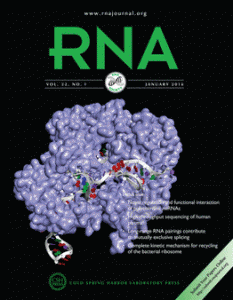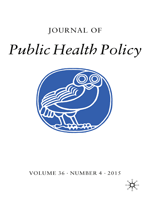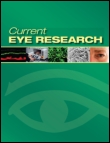 Olivier Voinnet, a high-profile plant scientist at ETH Zurich, has earned a mega-correction. It wrapped up a rough year for the biologist, which included his seventh retraction, and a CNRS investigation that found evidence of misconduct.
Olivier Voinnet, a high-profile plant scientist at ETH Zurich, has earned a mega-correction. It wrapped up a rough year for the biologist, which included his seventh retraction, and a CNRS investigation that found evidence of misconduct.
This latest correction, to a paper on the mechanisms behind RNA silencing in Arabidopsis, was published in RNA. The 2007 paper has been cited 101 times, according to Thomson Scientific’s Web of Knowledge. The corrigendum modifies three figures in total.
The notice is long, so we’re not going to post the whole thing here. The first error in “Transitivity in Arabidopsis can be primed, requires the redundant action of the antiviral Dicer-like 4 and Dicer-like 2, and is compromised by viral-encoded suppressor proteins” is a clarification to a legend:
Continue reading Voinnet’s notice count grows, as he notches his 18th correction







